The 2025 Toyota 4Runner is shockingly ready for whoops
Equipped with tuned shock absorbers from Bilstein, Fox, and Old Man Emu, the new 4Runner is adaptable for on- and off-road fun. The post The 2025 Toyota 4Runner is shockingly ready for whoops appeared first on Popular Science.
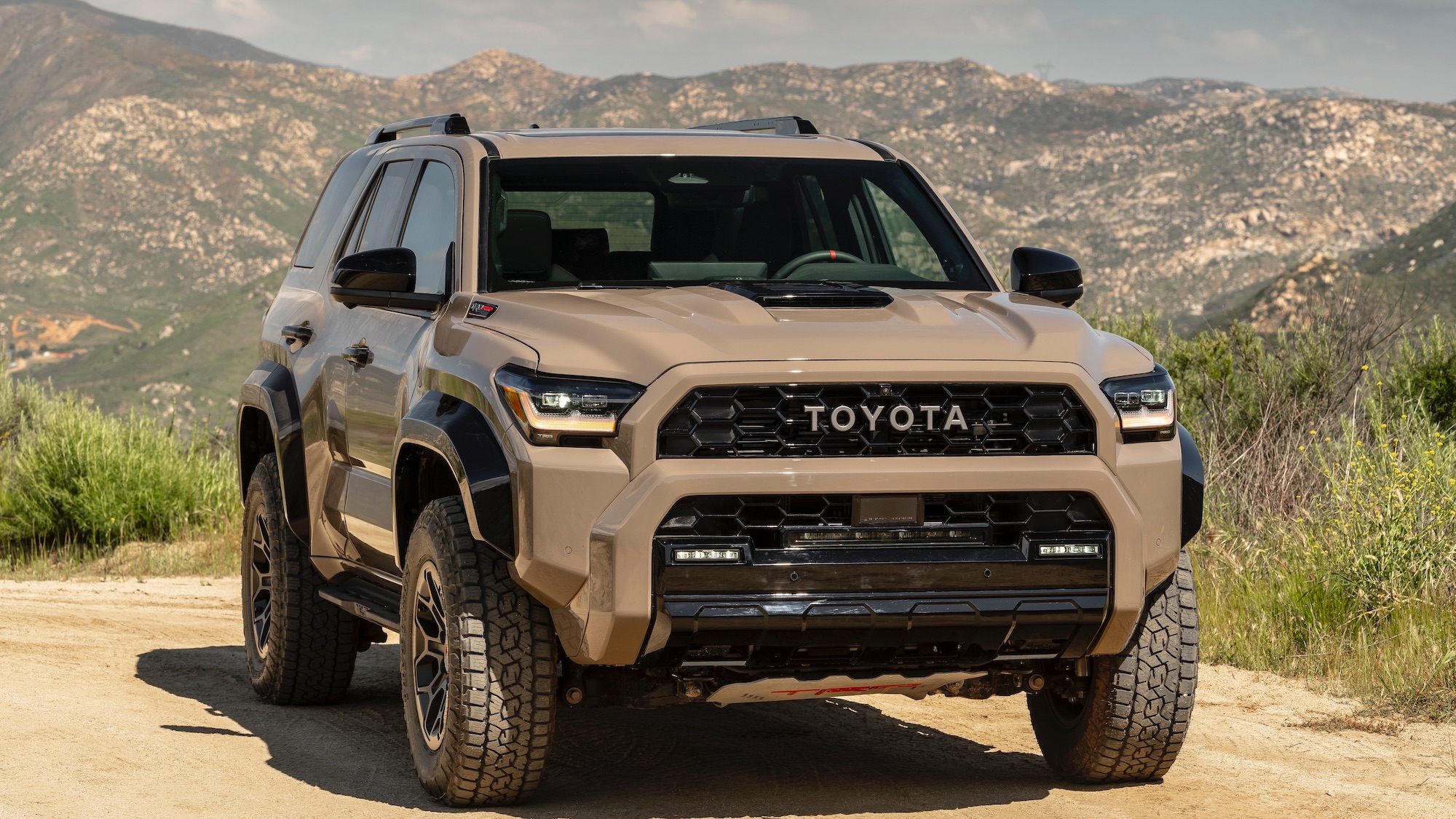
A professional driver pauses at the turn as everyone inside the SUV checks their seatbelts, readying for a stunt jump worthy of an action movie. The vehicle reaches the front side of a dirt ramp at precisely 33 miles per hour and launches into the air. With high-end Fox shocks at each corner, the 2025 Toyota 4Runner TRD Pro touches down with a jolt that ends almost as soon as it begins. Once again, the ride smooths out as the passengers shake off the spine compression and they silently thank those shock absorbers.
The 2025 4Runner is finally all new after a run of 15 years in the same body. Fresh styling, a more efficient powertrain, and updated technology takes the 4Runner into its sixth generation, and it’s better than ever. Now on a new platform, the geometry and the linkages have been redesigned and optimized for better on-road and off-road performance, and each grade gets a unique tune. While Toyota’s quintessential SUV has always been durable and resilient, the newest version is tuned for more comfort.

Most drivers won’t tackle a jump like this and many 4Runners will never leave the pavement, but owners like to know that it can. And with off-roading, camping, and overlanding trends continuing on an upward trajectory, one never knows when they might feel a strong urge to hit the dirt.
Performance shock absorbers that soak up the whoops
When Toyota launched the all-new Tacoma in 2023, it debuted with an available adaptive variable suspension that adjusts to road conditions. Each grade of the Tacoma includes progressively tougher shocks to fit specific lifestyles, and Toyota followed the same strategy for the new 4Runner. As you work your way up the trim chain, the vehicles get more and more comfortable in rougher and rougher conditions.
It starts getting serious with the TRD Off-Road grade, which is equipped with monotube Bilstein remote reservoir shocks that include an end stop control valve, which is new for this generation. After running it through its paces on a packed-dirt test track on and off the highway, I can vouch for its cushiony feel.
“[The Bilstein equipment] varies the damping and the travel at the extremes of the shock absorber,” explains Warren Chou, an executive program manager at Toyota. “You have good compliance in the center travel range, and at the extremes you get an increased damping force that protects you from the bottom-out or whoop events that you might be traveling through.”
Whoops, by the way, is short for “whoop-dee-doos,” or rolling bumps on the route. It can be fun to cross a bunch of whoops, but only if you have good shock absorbers on your vehicle. Otherwise, hold onto your teeth.




Moving up the trim line, the 4Runner TRD Pro is fitted with specially-tuned Fox QS3 three-way adjustable internal bypass shocks with remote reservoirs. For the Trailhunter version, Toyota chose Australian-made Old Man Emu monotube shocks (also with remote reservoirs), so named for the emu’s ability to maintain stability when moving over uneven terrain. The TRD Pro is also equipped with an air intake and exhaust snorkel that’s bolted to the A-pillar on the passenger side. This accessory allows the hybrid engine to breathe even in a very dusty environment, and it sounds kind of like Darth Vader when it’s working.
For the 4Runners with Bilstein, Fox, and Old Man Emu shocks, the remote tank provides heat management: As the vehicle moves, the fluid in the shock gets warm, which reduces the viscosity. That can cause what’s called “shock fade,” which results in loss of ride comfort. Extra oil in the shock reservoirs increases overall cooling capacity by providing more surface area for heat dissipation. Ultimately, that means you can drive the 4Runner harder and go longer and still get a comfortable ride.
Adjustable shock settings
In the TRD Pro 4Runner, owners can adjust the Fox shock absorbers with a three-setting knob. Turning the front wheels makes it easier to access the knobs, and it requires a little arm yoga to reach the ones in the rear. It’s worth the effort, though, as the settings will significantly affect the ride depending on the terrain. For the jump in California, the pro driver set the front shocks to level 3 for a stiffer rebound and the rear shocks to level 2.
“Shock settings will vary case by case depending on the shape of the jump or what you’re doing,” Chou says. “For example, if you’re cresting and land front wheels first, you might want a little bit more damping force on the front as you’re coming down.”
Chou states these enhancements improve the capability of the new 4Runner and fine-tune the offering for customers who may need vastly different things. Desert drivers want to drive fast and kick up the dust, while overlanders may be picking their way across rock gardens and climbing craggy trails.
“We’ve been able to go more extreme with the TRD Pro and more extreme with Trailhunter,” Chou says. “Before, people were buying the TRD Pro trim to go overlanding and to drive Baja-style fast across the desert. By creating Trailhunter, we could give each of those customers more of what they wanted and be more extreme in both scenarios to give them a better experience.”
The post The 2025 Toyota 4Runner is shockingly ready for whoops appeared first on Popular Science.


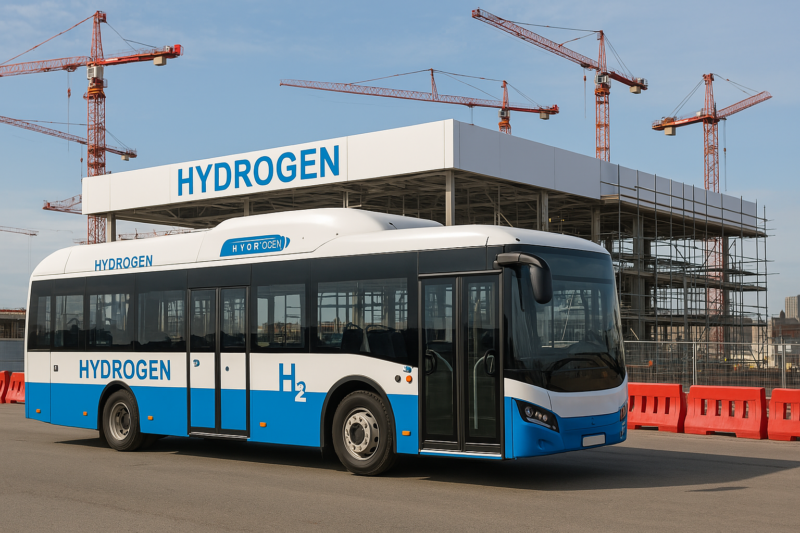




























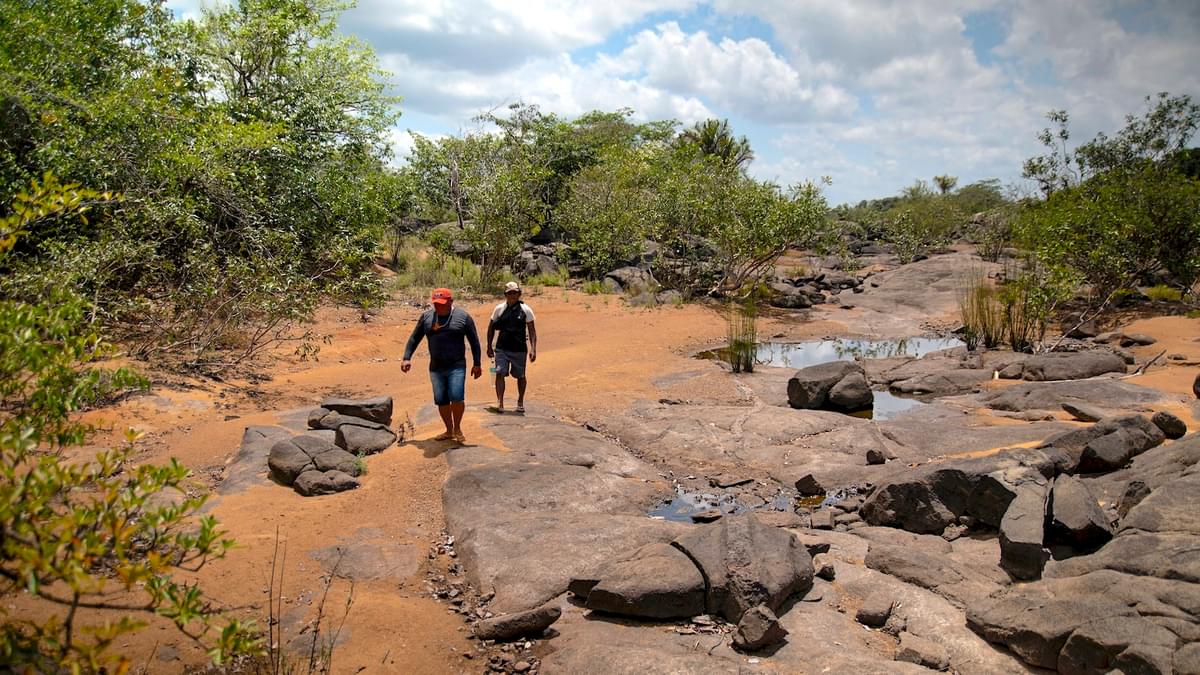
















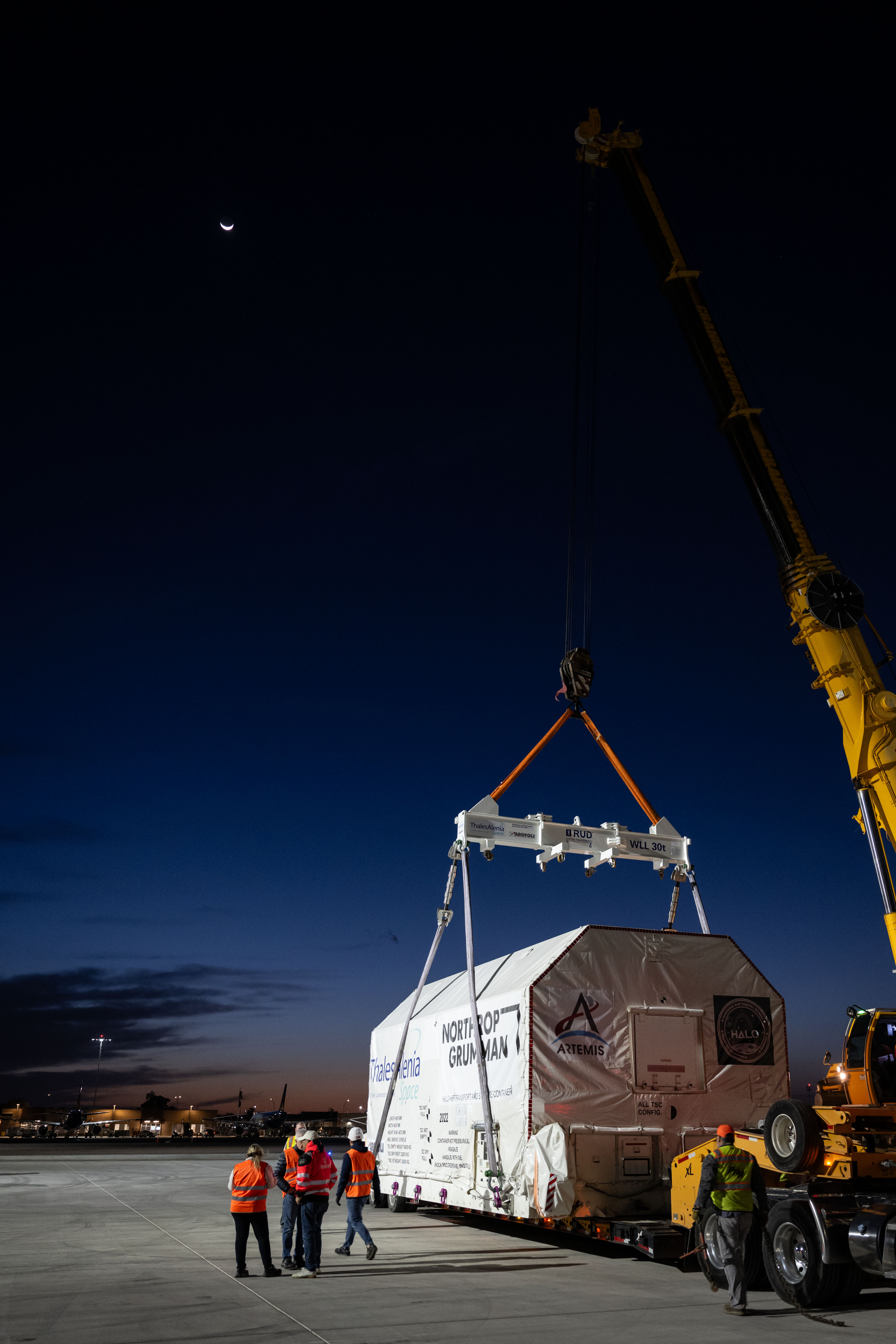


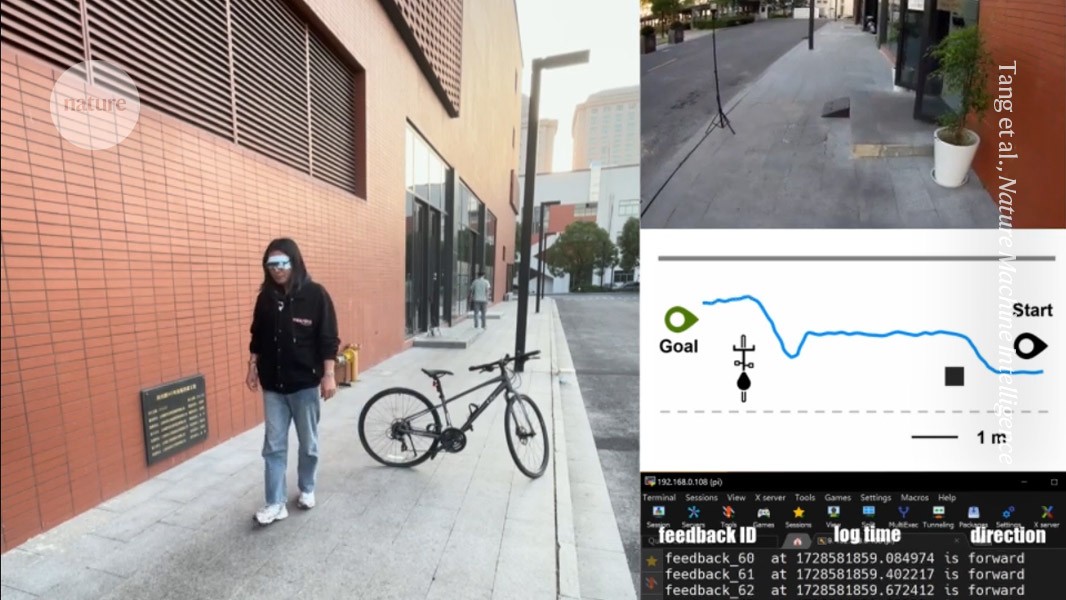









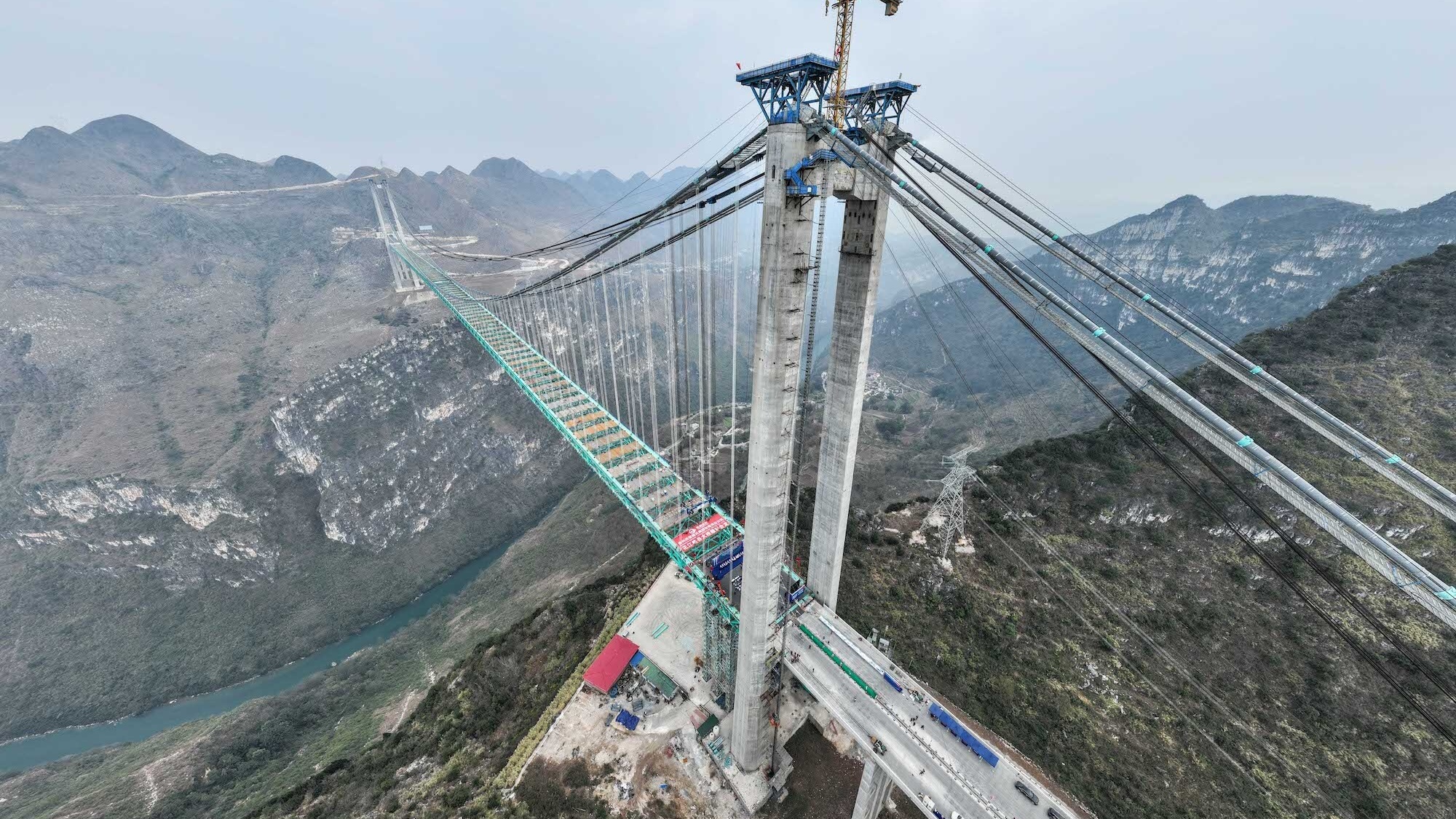
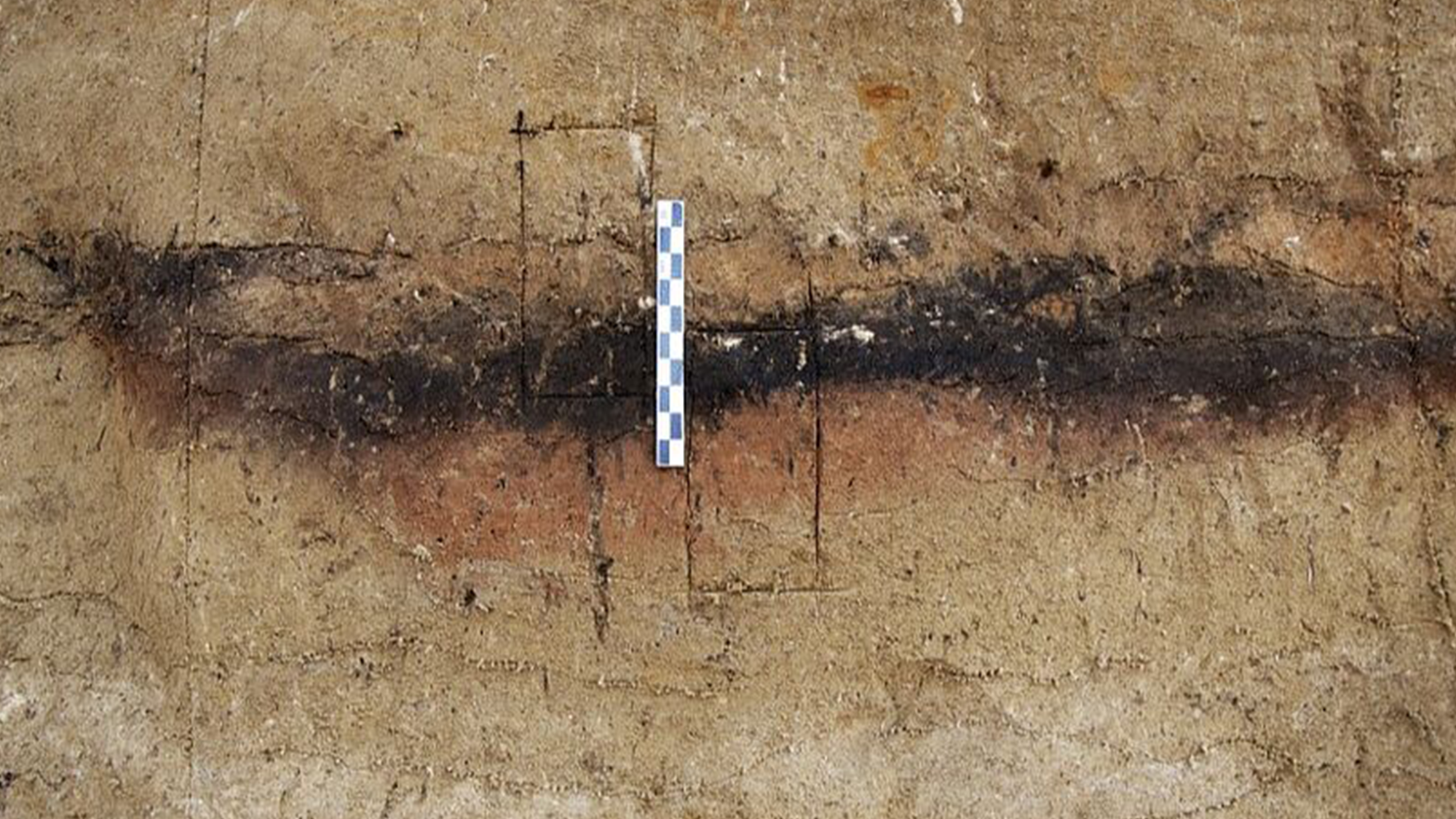
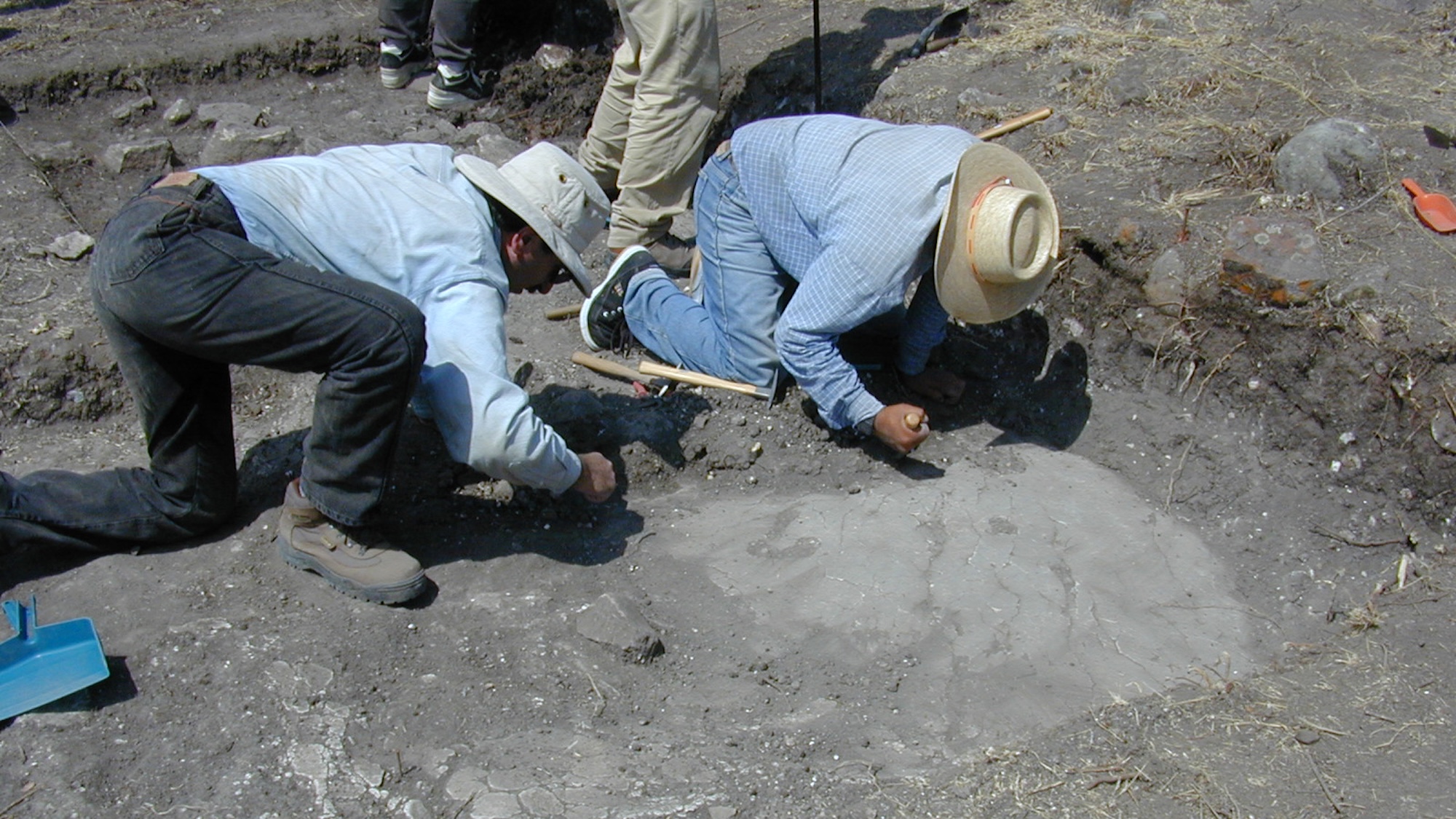

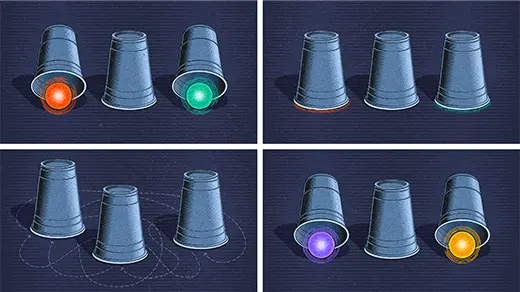























































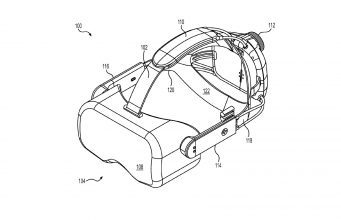


![The breaking news round-up: Decagear launches today, Pimax announces new headsets, and more! [APRIL FOOL’S]](https://i0.wp.com/skarredghost.com/wp-content/uploads/2025/03/lawk_glasses_handson.jpg?fit=1366%2C1025&ssl=1)



















